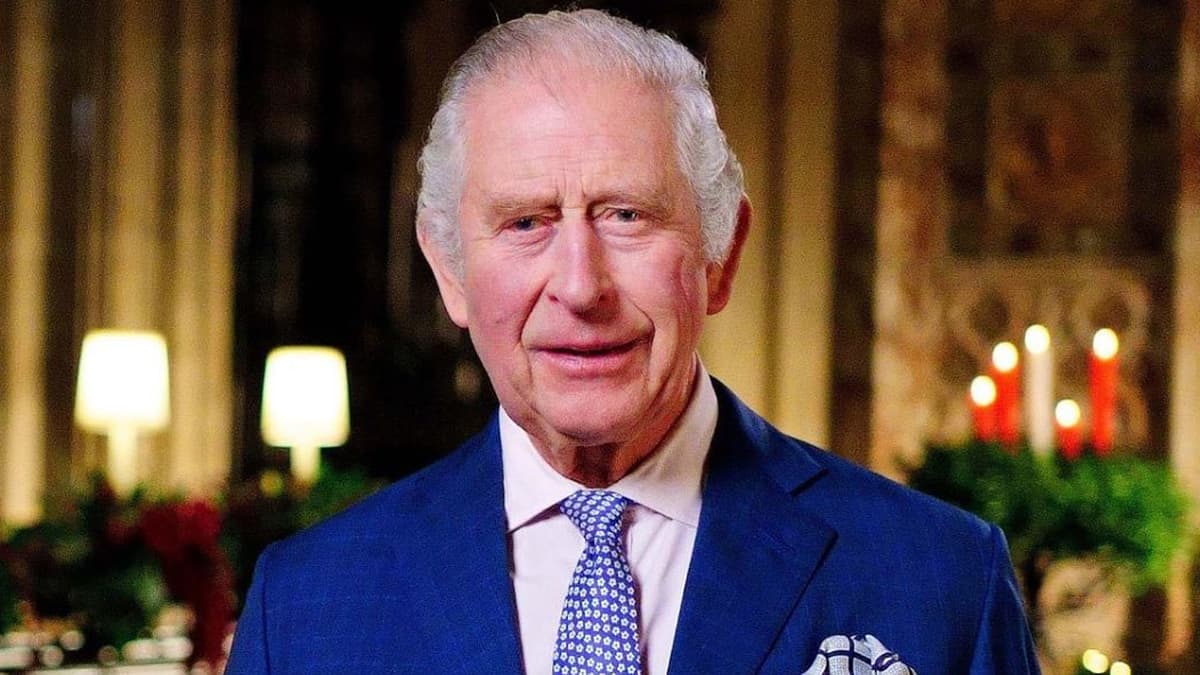
Understanding King Charles III’s Recent Health Diagnosis: Prostate Cancer and Beyond
In a recent announcement from Buckingham Palace, it was revealed that King Charles III has been diagnosed with cancer following a medical procedure for benign prostatic hyperplasia (BPH). While specifics about the type and severity of the cancer were not disclosed, this news sheds light on the complexities of prostate health and the potential implications for individuals, regardless of their stature.

Benign prostatic hyperplasia, or an enlarged prostate, is a common condition among older men, affecting approximately 80% of those over the age of 70. While BPH itself is not linked to cancer, it can sometimes lead to symptoms such as difficulty urinating or frequent nighttime urination. To address these symptoms, medical professionals often recommend procedures like transurethral resection to remove excess prostate tissue and alleviate urinary issues.
During such procedures, it’s not uncommon for doctors to detect unexpected findings, including cancerous tissue. The insertion of a scope allows for visualization of the prostate and surrounding areas, potentially uncovering cancers in nearby organs such as the bladder or urethra. Additionally, analysis of prostate tissue removed during surgery may reveal cancers originating from other parts of the body, indicating a more advanced stage of the disease.
Despite the rarity of finding cancer during procedures for BPH, King Charles III’s case serves as a reminder of the importance of vigilant healthcare monitoring, especially for individuals at higher risk due to age or other factors. While Buckingham Palace did not disclose the specific procedure undergone by the King, it emphasized his gratitude for the medical team’s care and expressed optimism about his treatment outcome.
For the US audience, understanding the intricacies of prostate health and the potential links to cancer is paramount. Prostate cancer remains a significant health concern in the United States, with thousands of new cases diagnosed each year. By raising awareness and promoting regular screenings, individuals can take proactive steps towards early detection and effective management of prostate-related conditions.

In conclusion, King Charles III’s health diagnosis highlights the intersection of prostate health and cancer, sparking important conversations about detection, treatment, and overall well-being. As His Majesty embarks on his journey of treatment and recovery, let us use this moment to prioritize our own health and advocate for comprehensive healthcare practices within our communities.



